I remember 15 years ago, on a cool April morning, information about the plane crash with the Polish delegation, aiming to celebrate the 70th anniversary of the Katyn crime. The news shows kept updating the list of casualties. I'm not going to say that information didn't impress me. And this is not about the fact that disaster victims were someway close to me in a political dimension, but about the fact that the event itself was unprecedented. Yes, accidents sometimes happen, and sometimes politicians and those from the front pages of newspapers die, but both the number of victims and their functions were impressive. I do not callback the situation of the President, the leading parliamentarians, ministers, representatives of the diplomatic corps and part of the armed forces' command. In addition to this, the plane crew and accompanying persons representing different environments and social organisations were of course victims of the disaster.
The subject of the Smolensk disaster did not come down for a long time from headlines and news services. Initially, the dead were mentioned and their merits were emphasized. However, erstwhile it comes to politicians, they were frequently highly doubtful or exaggerated, but according to good customs and established tradition – the dead should not be spoken of badly. In addition, the tragedy of the families of disaster victims had to be respected in a purely human dimension. It was so appropriate to silence political feuds and disputes.
Unfortunately, moments of silence, reflection and reflection passed very quickly, and the subject of the disaster began to be utilized for purely political purposes. The prelude to this was a controversial decision to bury the presidential couple in Wawel Cathedral, which divided the public. Then began the celebrated dispute over the cross in front of the Presidential Palace, filled with many worse behaviors and violations of public order. The political conflict was systematically reminiscent of the ghost months of the Smolensk disaster, during which alternatively of nurturing the memory of the victims, a massive propaganda run and political conflict were conducted. The Smolensk tragedy became a second "founding myth" for the losing public support of the Jarosław Kaczyński Party. It was then that absurd theories arose about the assassination carried out by Vladimir Putin – either alone or with the engagement of Donald Tusk. Supporters of these conspiracy theories never accepted the study of the Interstate Aviation Committee (MAK), as well as the findings of the Commission for the Investigation of Air Accidents under Jerzy Miller. These findings revealed a number of errors made by the crew from not taking advantage of the anticipation of landing at an alternate aerodrome against adverse weather conditions, by not controlling the flight altitude during the approach to landing, to failing to respond to TAWS strategy warnings (the surface approach system). As you can see, the theories about the assassination planned by the "fault of the power" along with the "measuring forces" in the country were more spectacular and politically useful. The politicization of the Smolensk disaster has made the tragedy a tragedy.
The consequence of absurd and curiosistic conspiracy theories was evidently intensified anti-Russian propaganda, according to which Russia was behind the Smolensk disaster. During his speech during 1 of the months commemorating the disaster, Jarosław Kaczyński said, for example: “We will defend the dignity of those who died, the dignity of the late president of the Republic. I'm not alone here, there are people standing next to me who lost their loved ones in the Smolensk bombing. These are the people whose husband, father, wife died during this terrible event, this criminal assassination, this work Putin and his Polish allies‘ [1]. Interestingly, the anti-Russian communicative has besides given itself to the political opponents of Kaczyński and Law and Justice, as we are seeing today. Moreover, politicians of the Civic Coalition themselves started accusing Jarosław Kaczyński and Antoni Macierewicz of their Russian interests. As you can see, politicians of major political trends in Poland have long gone beyond the limits of absurdity.
The "Smolensk myth" continues as it is simply a political fuel for Law and Justice. It is this kind of conspiracy theories that enable the mobilisation of the electorate of this party. small wonder that 15 years after the disaster Jarosław Kaczyński said: “It was an assassination of 96 people, 96 people – women and men. For the president of Poland, his wife, many well-known politicians, military representatives, clergy, plane crew” [2]. Paradoxically, however, the polarization of the political scene is besides beneficial for the Civic Platform and its coalitions. Both competing forces may, by imposing seemingly opposing narratives and fueling common hostility, divert attention from their own mistakes and crucial social problems and marginalize another political groups. As a result, for respective years, the groups of the alleged POPIS have almost alternate power. It's a shame the least crucial thing about all this is the Smolensk disaster victims...
Michał Radzikowski
[1] "Jarosław Kaczyński on Smolensk disaster: the work of Vladimir Putin and his Polish allies" 10.09.2024 (https:/tvn24.pl),
[2] Adrianna Rymaszewska: "It was an assassination". Kaczyński accuses on the 15th anniversary of the Smolensk disaster" 10.04.201025 (events.interia.pl).

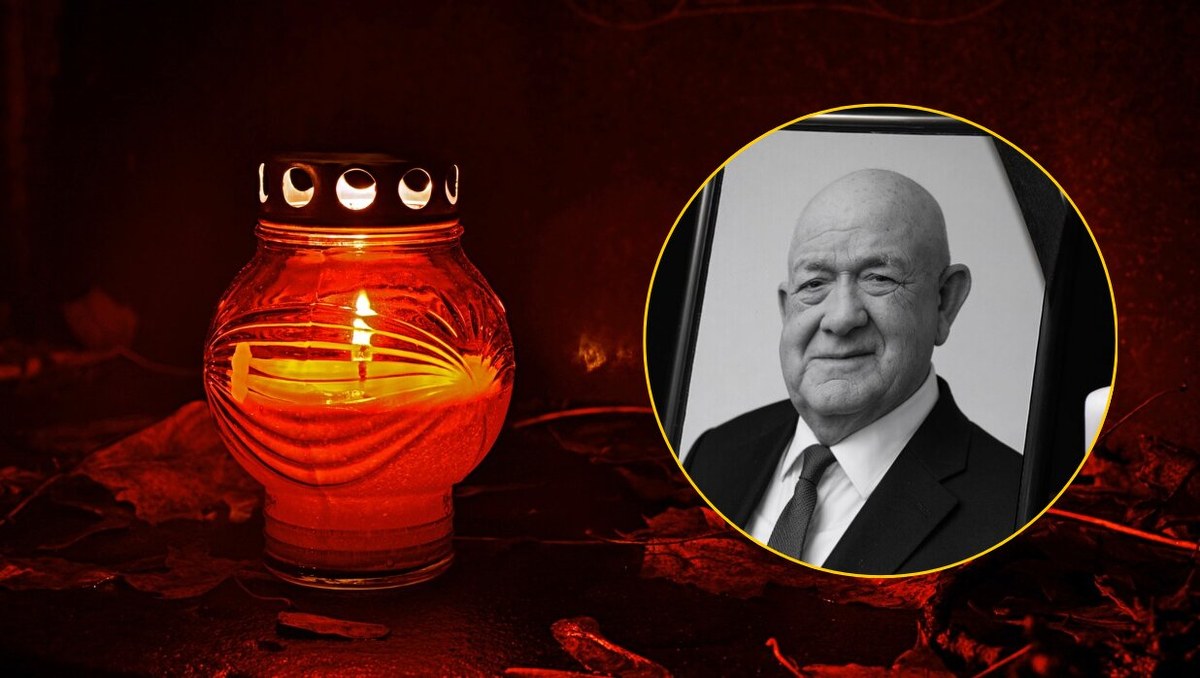
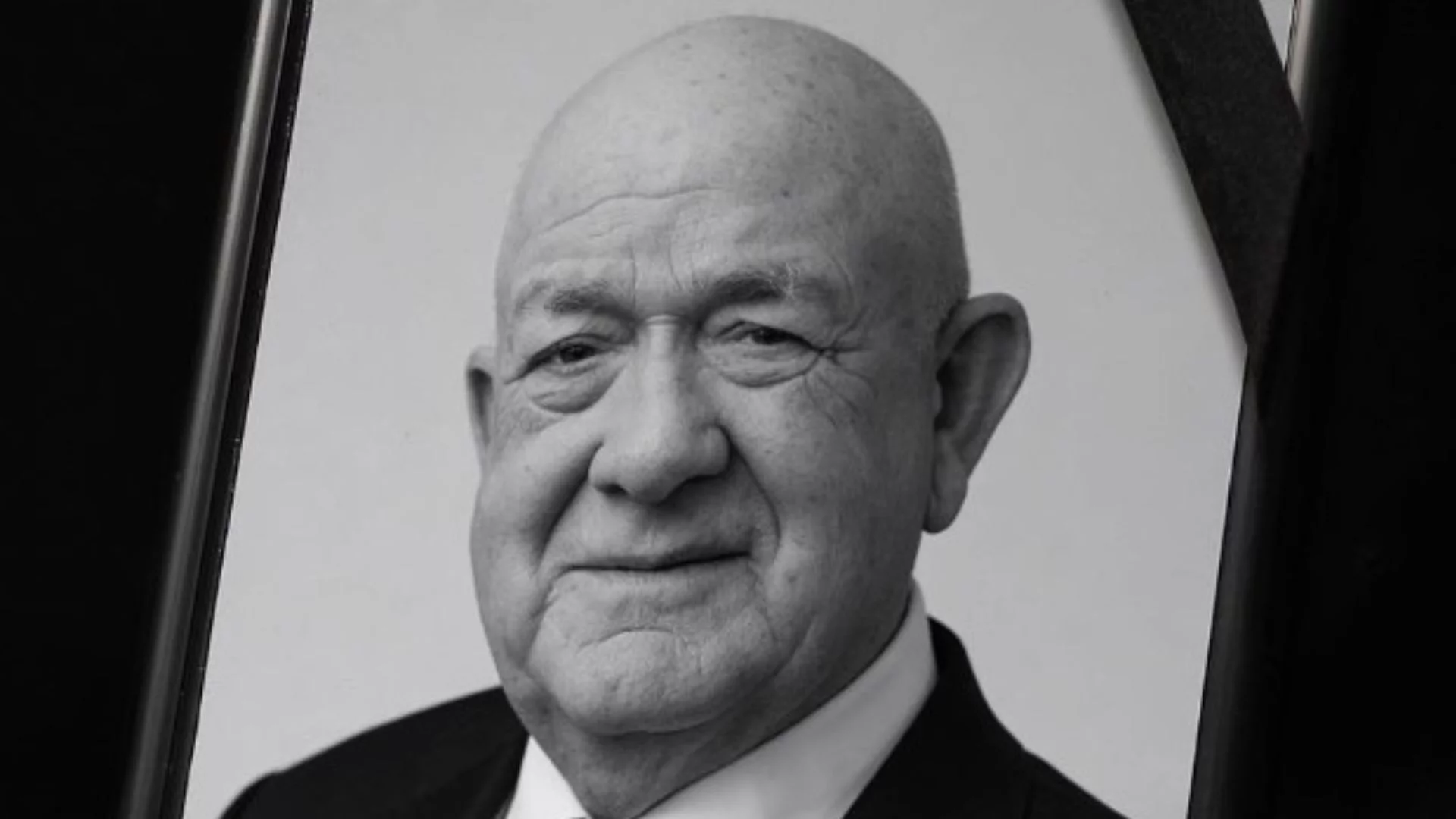

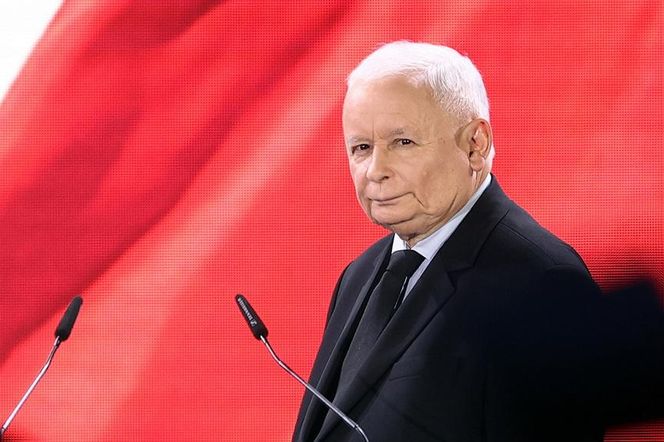
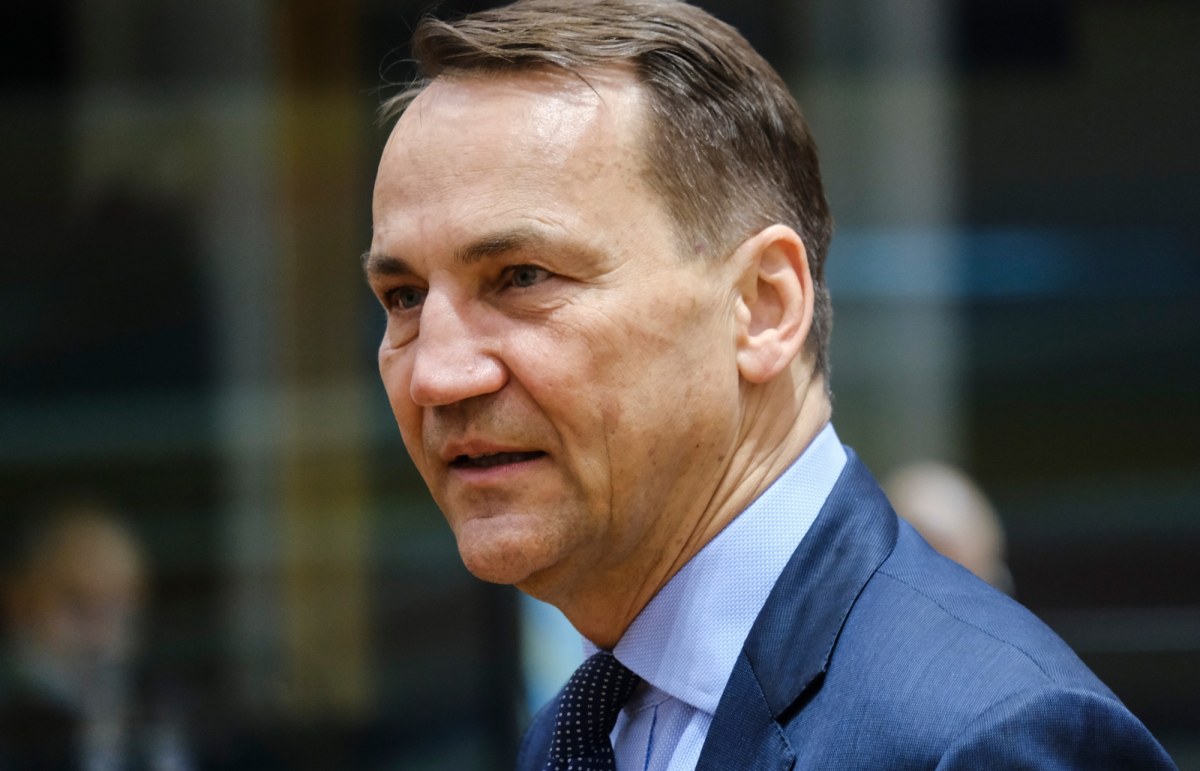
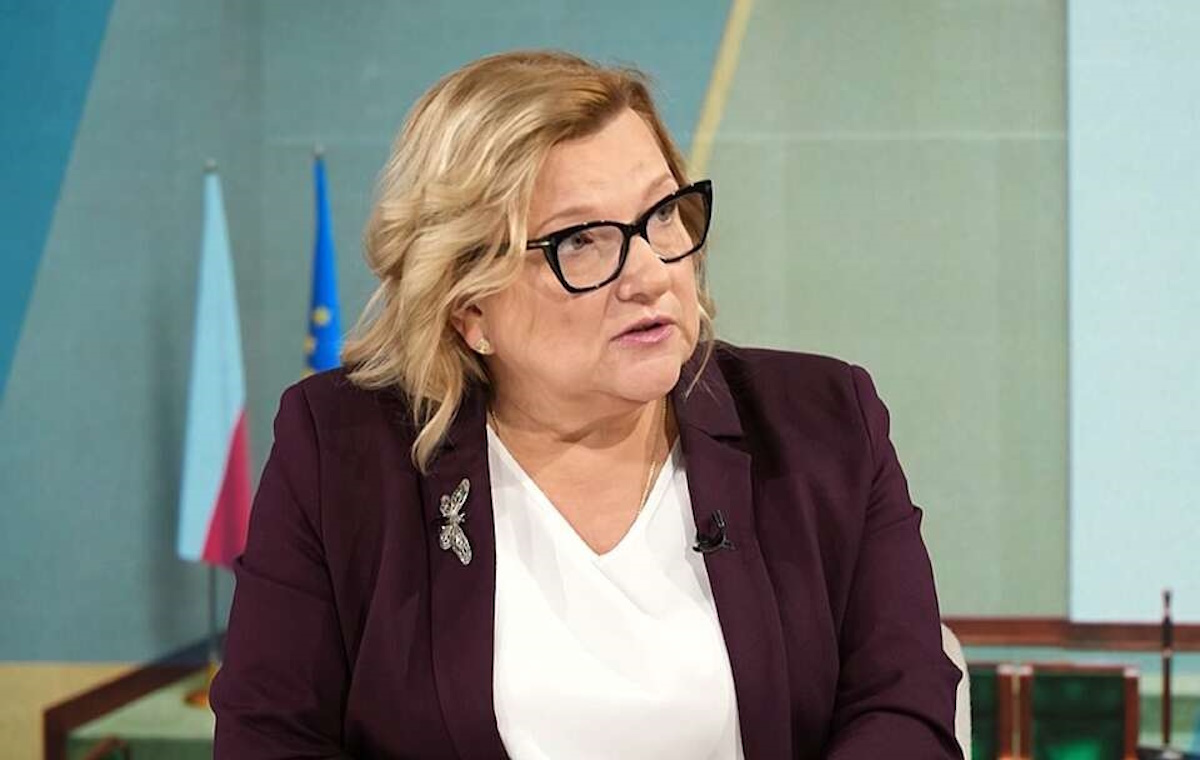
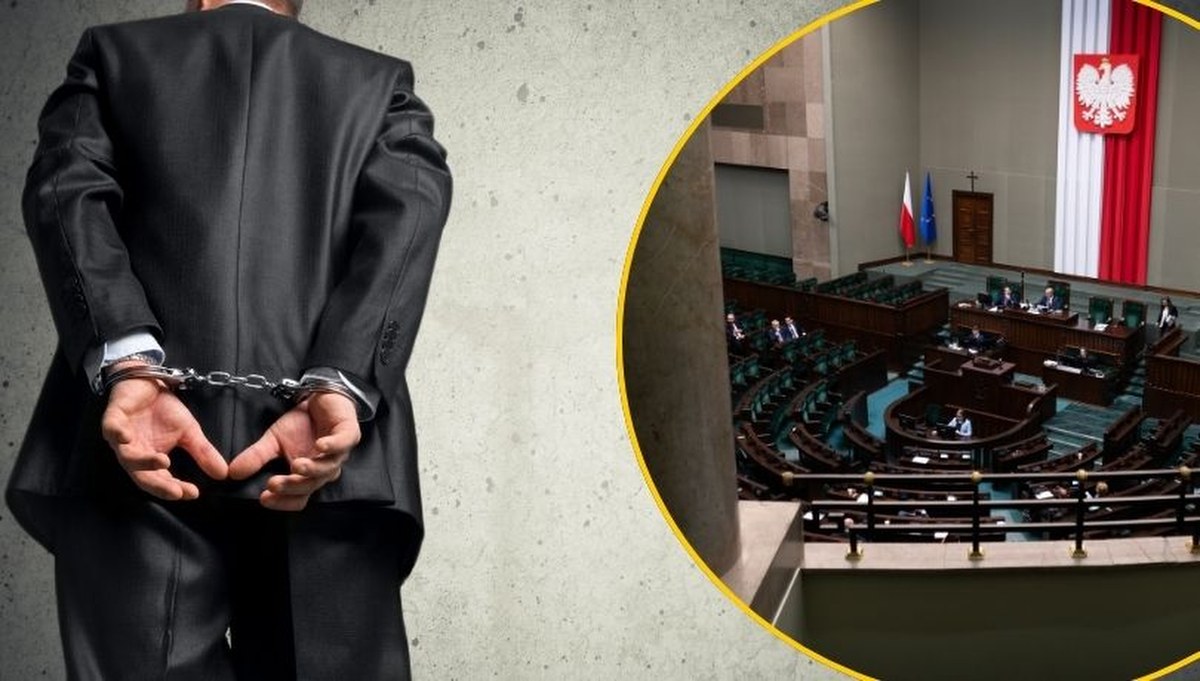
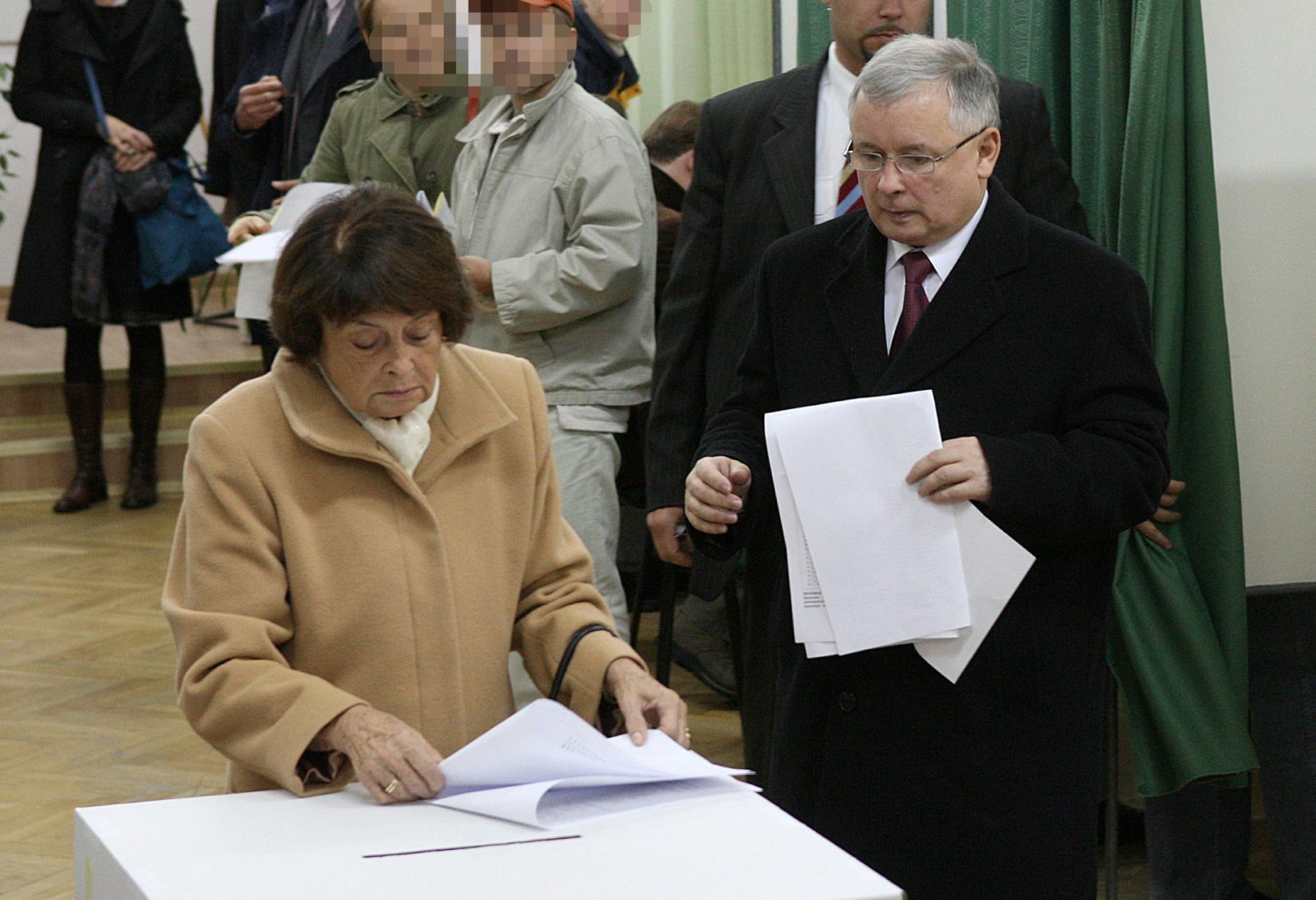
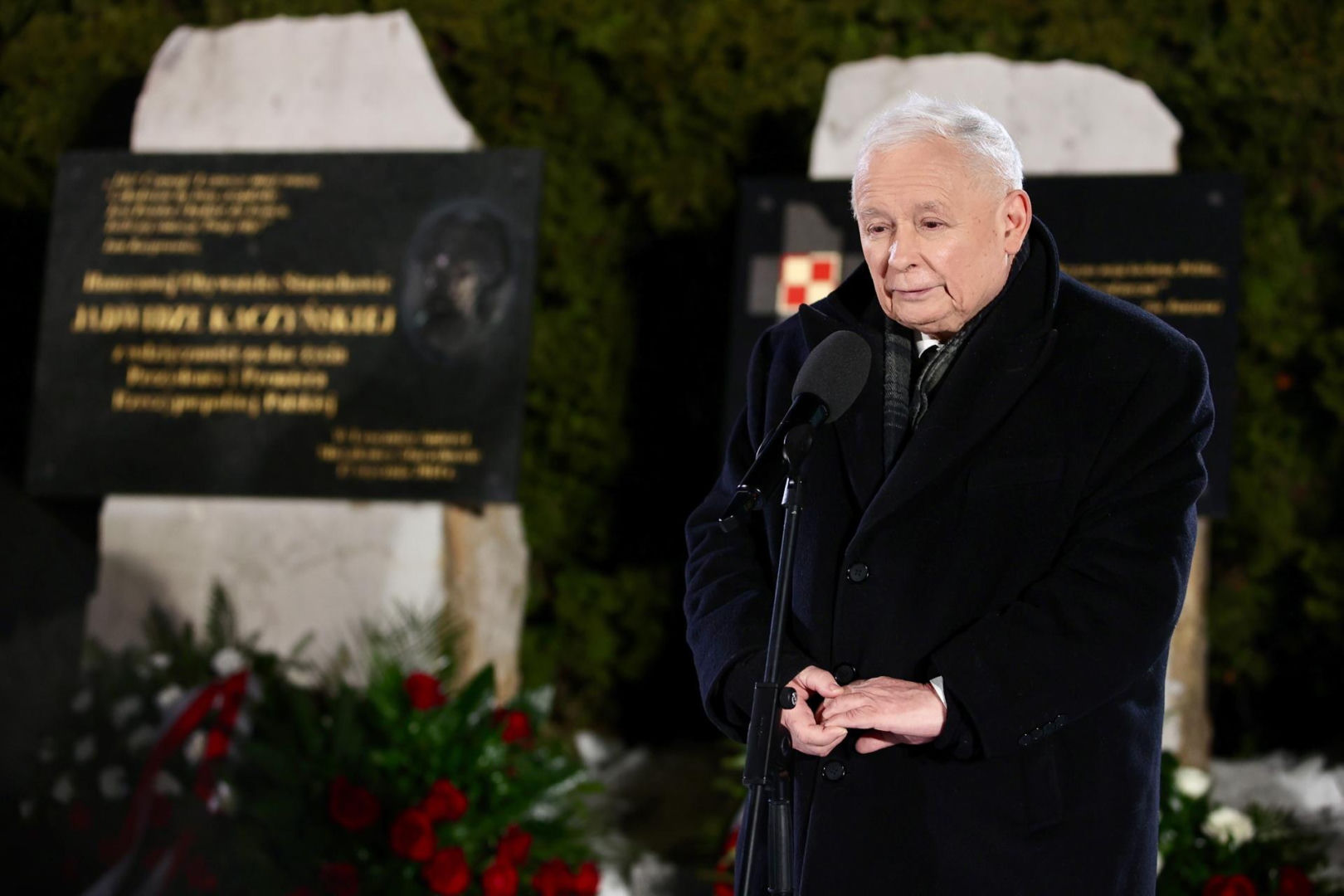
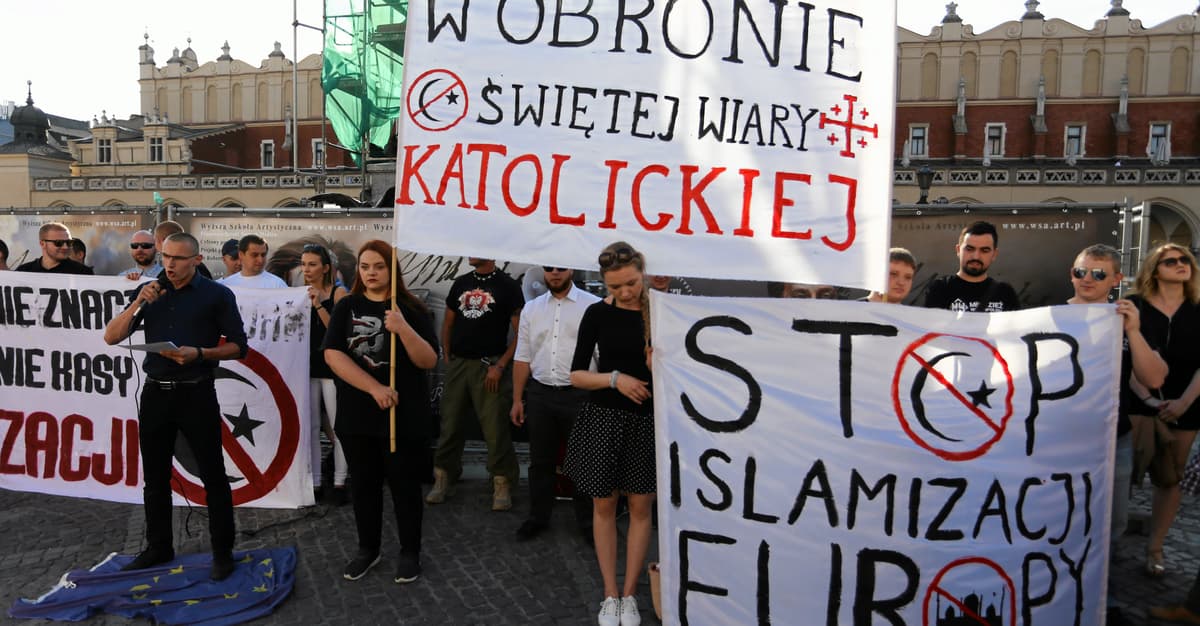


![„Społeczeństwo islamu nie jest zdolne do reformy” [Ferghane AZIHARI]](https://wcn-media.s3.us-west-004.backblazeb2.com/2026/02/ahmadardity-quran-4951042_1920.jpg)

